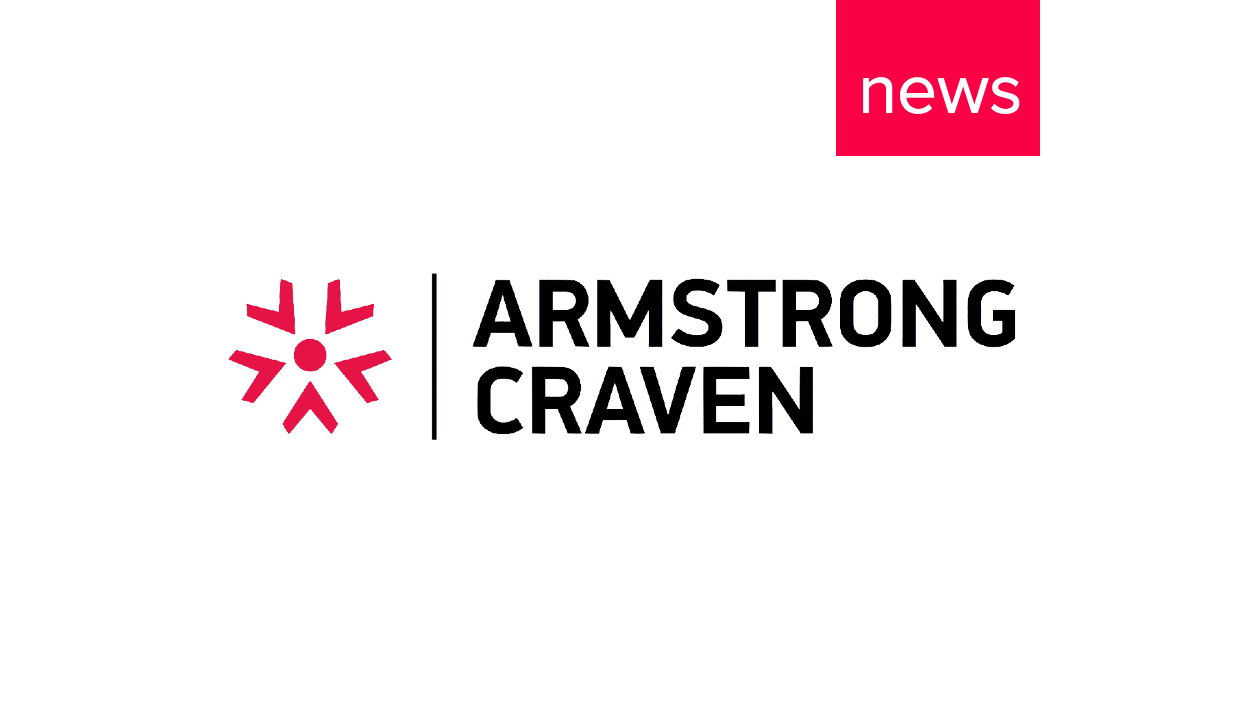Do you have a Fixed or Growth Mindset?
11 Apr, 20173 min
A fascinating talking point in Asia Pacific talent circles and elsewhere in the world is the benefit to companies of instilling a so called “growth mindset” in their employees.
The concept itself dates back to the publication of a book, called Mindset, by the Stanford psychology professor Carol Dweck in 2006.
According to Dweck, people who view talent as a quality they either possess or lack have a “fixed mindset”. By way of contrast, those with a “growth mindset” enjoy a challenge and continually strive to learn and improve themselves.
In the early years after the publication of Dweck’s book, there was considerable interest in sectors such as sports and education. More recently, an interest in growth mindset has permeated the corporate world, initially in the US and now into other regions including APAC where I am based.
In APAC, where education and culture are very different to the West, people have traditionally lent more towards a fixed mindset.
Dweck, herself, has more recently turned her attention towards organisations as opposed to individuals, asking what difference it makes if a business has a growth as opposed to a fixed mindset.
Research included asking employees at several Fortune 1000 companies about the extent to which they agreed with various statements. For example, one statement posed was: When it comes to being successful, this company seems to believe that people have a certain amount of talent, and can’t do much to change it. Organisations in which the majority of employees agreed with the statement were deemed to have more of a fixed mindset.
Managers in companies showing greater traits of a growth mindset were far more likely to have a positive view on their people and their capability for innovation, learning and development.
Dweck herself has cited Google as a good example of a corporate which appears to be leaning more towards a growth mindset with a recent shift towards actively hiring talent lacking college degrees but who they deem to have the right credentials to grow and blossom within their organisation.
There are a number of good practices companies can look to implement to help move more towards a growth mindset including:
- Encouraging employees to “have a go” rather than fearing the repercussions.
- Fostering a spirit in which employees are passionate about their work and interests.
- Embedding a culture in which employees are encouraged to continually learn and develop.
- Encouraging employees to aim high and achieve goals.
Growth v Fixed Mindset is still a relatively new concept, particularly within the corporate environment and Dweck has yet to produce hard evidence showing that those organisations that encourage their employees to adopt a growth mindset are more likely to be successful and achieve greater financial returns.
But the body of work that has been produced to date does indicate that those businesses that favour people with a growth rather than fixed mindset are more likely to have a happier and more motivated workforce.
- Armstrong Craven is a global talent mapping and pipelining specialist with offices in the UK and Singapore.
- Follow Heather @singaporeAC
- www.armstrongcraven.com
Speak with an expert
If you want to learn a little more about what we do and how talent research can help you make better-informed business decisions, our team of talent research and consulting specialists are happy to help.






